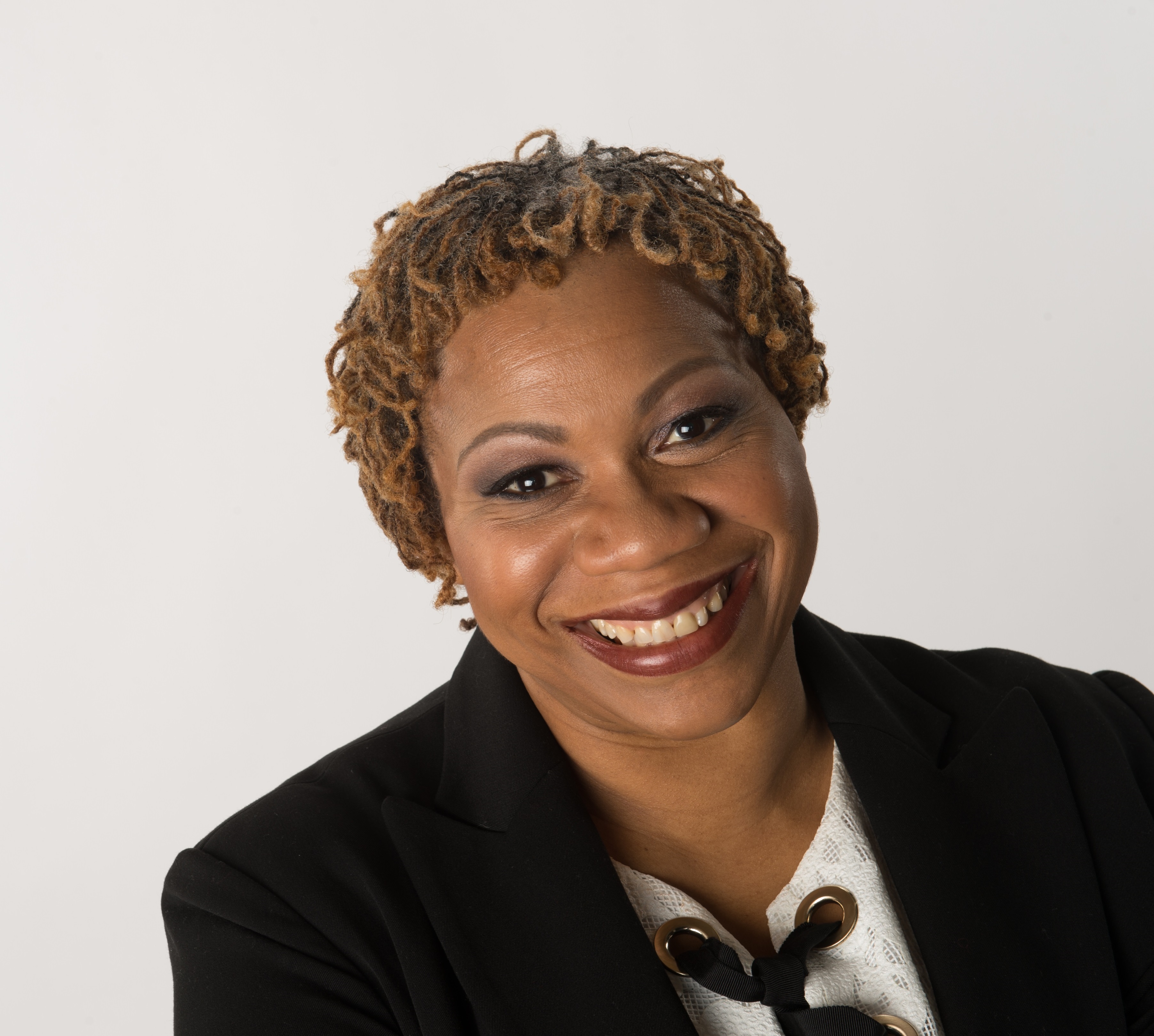It takes a lot of courage to call out or confront racism in the workplace. Nothing is more frightening and daunting than for employees from racialized groups to speak up about racism. They worry about repercussions, of being alienated, of being squeezed out or have barriers for future opportunities put in their way.
Many say that they have nightmares about disclosing the racism they face at work and must consider clearly if they can afford to undergo the backlash, they would receive for disclosing racism they encountered at work.
With the latest spotlight on racial injustice and awareness of systemic racism, I realized that there is still a lot of work to be done to create an understanding of what it feels like to encounter racism at work.
It was with much surprise and disappointment that the whole world witnessed a perfect example of what happens when one dares to identify and call out racism at work in the Canadian House of Commons this year.
On June 17, 2020, the leader of the NDP national party, Mr. Jagmeet Singh, a member of Parliament and the only racialized leader of a national party in Canada was asked to apologize for calling a gesture made by another member “racist” during a sitting of the Canadian House of Commons. In his lived experience he perceived this gesture to be racist, what was surprising is that his calling the gesture racist was viewed by the majority white House of Common members and through the systemic racist lenses of the House rules as a bad word. He was booted out from the House of Commons as if he had sworn or disrespected the other member.
The Victim Defines Racism
Unlike popular belief, the person who commits a racist act is not the one who gets to determine if it was racist. The Canadian Human Rights legislation says any action that demeans or humiliates a person is deemed harassment. A dismissive gesture, such as a shrug or overgeneralization or minimizing the behaviour is felt and perceived as racism when coming from someone of power and influence. I have spent decades teaching the Canadian Human Rights legislation to employees in organizations and was extremely disappointed to watch what unfolded in the highest level of the workforce in Canada.
Imagine what it would be like to go to work every day with colleagues who chastised you and sat quietly when you experienced and reported racism? This would be classified and an unhealthy work environment. For years, I taught employees to speak up if they witnessed bullying and harassment going on at work. Is racism exempted from this rule?
The Lens of Privilege
People from racialized groups have spider senses about racism and racist acts and gesture. We can feel it, smell it, hear it, and understand it. Do not deny my feelings and experience. Acknowledge it. Learn from it and let us grow from it. Do not tell me from your privileged lenses what racism is, you do not have the same frame of reference. Denying my experience of racism is an insult to my intelligence.
One of the key reasons why racism continues is because of silence. Your silence and tolerance of it permeate the atmosphere. Your silence is another act that perpetuates racism at work. We do not have to turn against each other to grow together. Identifying racism makes our world a healthy and kinder place for everyone. It makes our workplace a place of equal opportunity and well-being for all.
Discerning Racism
Racism can only be fully discerned by one who has experienced it. It is petty and childish to be wrangling about whether you are racist or whether your actions should be labelled as racist. The louder you defend yourself the more my racialized senses become convinced that you are. Those who portray unconscious biases and are embarrassed by it must engage in learning to change their beliefs and mindset to be more inclusive. They should acknowledge their errors and demonstrate a desire to learn how racism is perceived, felt, and understood.
Racism, like harassment, should be determined by their impact and not by the intent of the offender. This is important because many racist acts stem from unconscious biases. The harm is done when we perceive and feel racism and is further perpetuated when you defend yourself, rather than show concern for my negative experience. Every time I see or hear you defend yourself; you are choosing to not learn and grow so we can reduce racism.
How to Move Past Systemic Racism
To move pass systemic racism, we need to be empathetic and curious when someone verbalizes that an action or behaviour is felt or perceived as racist. We should ask for clarification and seek to understand instead of trying to justify ourselves.
It is not shocking that a white male of privilege would have a quite different understanding of what is racism than a racialized man. We need to move beyond defending ourselves and our unconscious biases and get to a place where we learn together and strive to meet new viewpoints of our time.
We need to put on the learners’ hat and inquire where and how our behaviour contributes to the present reality. Remember racism is felt, seen, and heard. It is not a matter of intent. One’s behaviour can be racist without a conscious intent to do so. The same way you could kill another accidentally they can also be racist towards another unconsciously.
Calling Out Racism at Work
The Canadian Parliament is a workplace, the highest in our country. If racism is not called out there, what can be expected in other workplaces?
What would calling out racism look like on Parliament Hill? It would be if the rest of the MP’s no matter their parties walked out with Mr. Jagmeet Singh when he was asked to leave for not apologizing calling the gesture, he deemed to be a racist act. This would have put more pressure on the House to re-examine the rules. One should not encounter the same consequences for swearing when they encounter and call out racism in the House. This consequence has now been solidified in the mind of all Canadians that there is a consequence for confronting racism at work. It also says to the racists at work that they are protected, and their racist behaviour cannot be challenged or confronted.
Leaders must show courage, or we will not move past the racial divide in our society. For centuries colleagues have watched silently as their piers faced racism and discrimination, got vilified, and lost everything for confronting racism, turning a blind eye to protect their interests.
The time to learn is now. The opportunity for change has arrived. Let us take up the mantle and do more to foster curiousity about each other’s experiences, understanding for each other’s perspective and the courage to face the ugly truth of our past as we explore new ways to learn how to develop a more equitable workplace and society for the next generation.
Joyce Odidison is a Thought Leader on Interpersonal Wellness and Competency Mindset Teaching. She is a Conflict Analyst, Coach, and corporate speaker/trainer on interpersonal, respect and diversity for 24 years. Joyce helps organizations protect the emotional, interpersonal, and mental well-being of employees and leaders from conflict, stress, and burnout, to preserve their reputation, promote diversity, inclusion, and psychological safety at work. She is a frequent TV guest expert offering relational well-being tips for leaders and employees. She is the founder of the Global Workplace Wellness Summit and President of Interpersonal Wellness Services Inc. Joyce can be reached at Wellness Services Inc. Joyce can be reached at www.interpersonalwellness.com Phone: 877 999-9591


